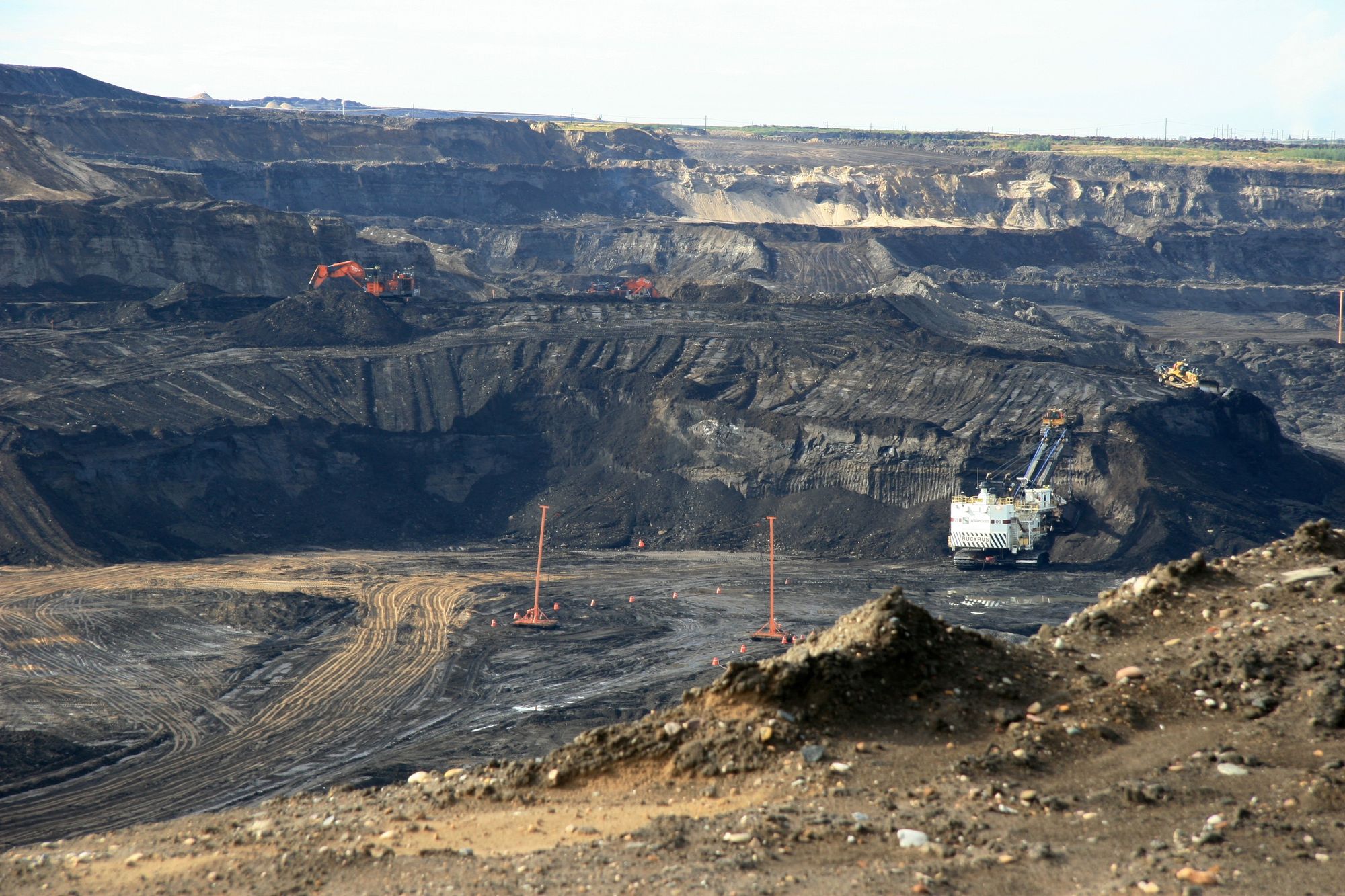
Good ‘ol privatize the profits, socialize the losses scheme at it again

This is literally the reason why free markets are the bane of all that is good. Sure, it’s nice to get the shinies quickly and cheaply, but then you find out the cost of that is how the world is being torn apart because it’s cheaper to do it that way.
The only solution is government regulations to force companies to become responsible for their actions. And the only way to have that is for politicians who think about the country first and have the will to enact the necessary change.
I mean, down south the erosion of government regulations is bringing back child labour. Imagine a 15yo working in a steel mill, as it’s recently been legalized in some states.

Government regulations??? That sounds like socialism!!! Oh, and can I get a couple billion dollars in tax money to cover my expenses? Which is totally not socialism how dare you!!!
- argv_minus_one ( @argv_minus_one@beehaw.org ) 6•1 year ago
It’s not really a free market if they’re allowed to damage others’ property with impunity.

It is free market since those others are technically able to sue the company for compensation…presuming that they can afford to hire a lawyer for the five years it takes to settle the lawsuit because the company’s going to use every delay tactic and counter-lawsuit they can think of to just wait out the other guy.
- argv_minus_one ( @argv_minus_one@beehaw.org ) 4•1 year ago
Unless there is meaningful redress of grievous acts that fall outside the bounds of voluntary commerce, such as property damage, it’s still not a free market.

It’s a free market because the guy with a bigger wallet gets to do whatever he wants until his wallet isn’t the biggest anymore.
- argv_minus_one ( @argv_minus_one@beehaw.org ) 1•1 year ago
That’s not what “free market” means. It’s not a synonym for “anarchy”. Crime is still punished in a free-market system.

I never stated that any of this explicitly has to bypass the laws. In fact, the fact that they can be sued means specifically that they’re following the law. And that is exactly what is going on with these companies we’ve been talking about. Polluting the environment is well within the law, or else they wouldn’t be getting away with it, and because they are able to afford to lobby the government so that they don’t have to be responsible for it, that it’s the public that has to pay for the cleanup, rather than those who are responsible for the pollution in the first place.
- argv_minus_one ( @argv_minus_one@beehaw.org ) 1•1 year ago
In fact, the fact that they can be sued means specifically that they’re following the law.
You also said that suing someone and prevailing is impossible if you aren’t richer than them. That is not meaningful redress. And there’s no reason why a free-market system couldn’t consider pollution a grievous act deserving redress.
Polluting the environment is well within the law, or else they wouldn’t be getting away with it, and because they are able to afford to lobby the government so that they don’t have to be responsible for it, that it’s the public that has to pay for the cleanup, rather than those who are responsible for the pollution in the first place.
Bribing the government is not part of a free-market system, either.

Why should they be responsible for cleanup? There’s no law or contract that compels this. I don’t understand why they wouldn’t “shirk” it.
I don’t wash my car, but law requires me to get the emissions tested so I do.

The problem is bigger than that.
The government has had lobbying for years from the private sector, and the O/G sector has had big money to throw around. They get pushback from these companies when they try to up the ‘just in case’ fund that is there to cover costs of rehab in case the company goes under. But since that isn’t enough, they’re often left unmanaged. In the article above they talk about the two easiest examples - mine rehabilitation and orphan well cleanup.
If a company ignores well decommissioning, they can cut costs, suck up as much oil as possible, then declare bankruptcy and walk away from the requirements to clean up, leaving the public to pay for it.
Why should they be responsible for cleanup?
This one is easy. You make the mess, you clean it up. Basic kindergarten levels of societal responsibility.
There’s no law or contract that compels this.
There is, actually, but they’re avoiding it by a number of legal loopholes (as mentioned above). Socially/morally, they have the responsibility to do so, but they’ve managed to legally avoid it/ignore it. Hence the ‘shirk’
The argument is that there should be a greater amount of laws and regulations surrounding the O/G or resource extraction sector and their impacts, but often you hear complaints from those employed in those sectors about government overreach and unnecessary bureaucracy/red tape hampering and smothering the free market.
This article is important as it highlights why we need more regulation and the danger of letting these companies continue to act they way they have for years.

My point is there aren’t laws to compel them. It’s your responsibility as a Canadian to get some on the books.
“Societal responsibility” is meaningless, only laws having meaning.

And it’s also the responsibility of an oil-and-gas stakeholder as another Canadian to prevent any such laws being put on the books.

You betcha! Doesn’t mean we shouldn’t fight

Not washing your car is not bad for the environment. It only harms your car.


